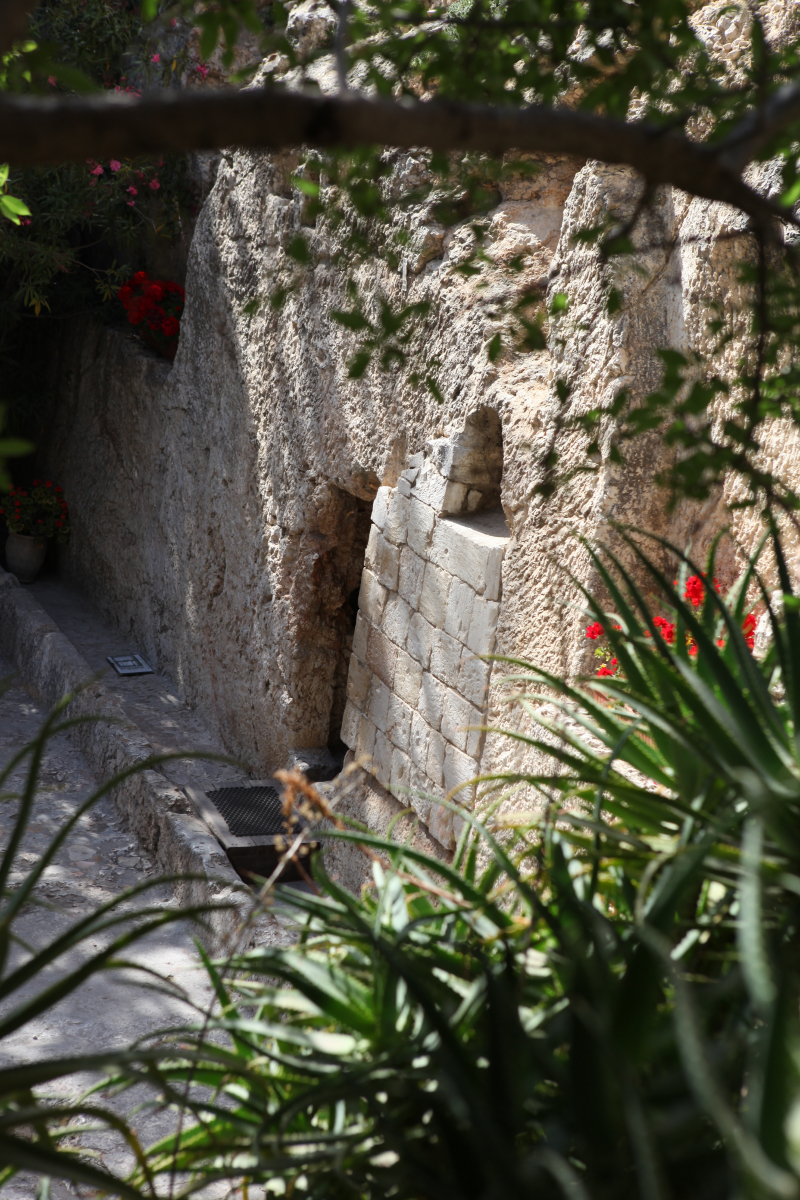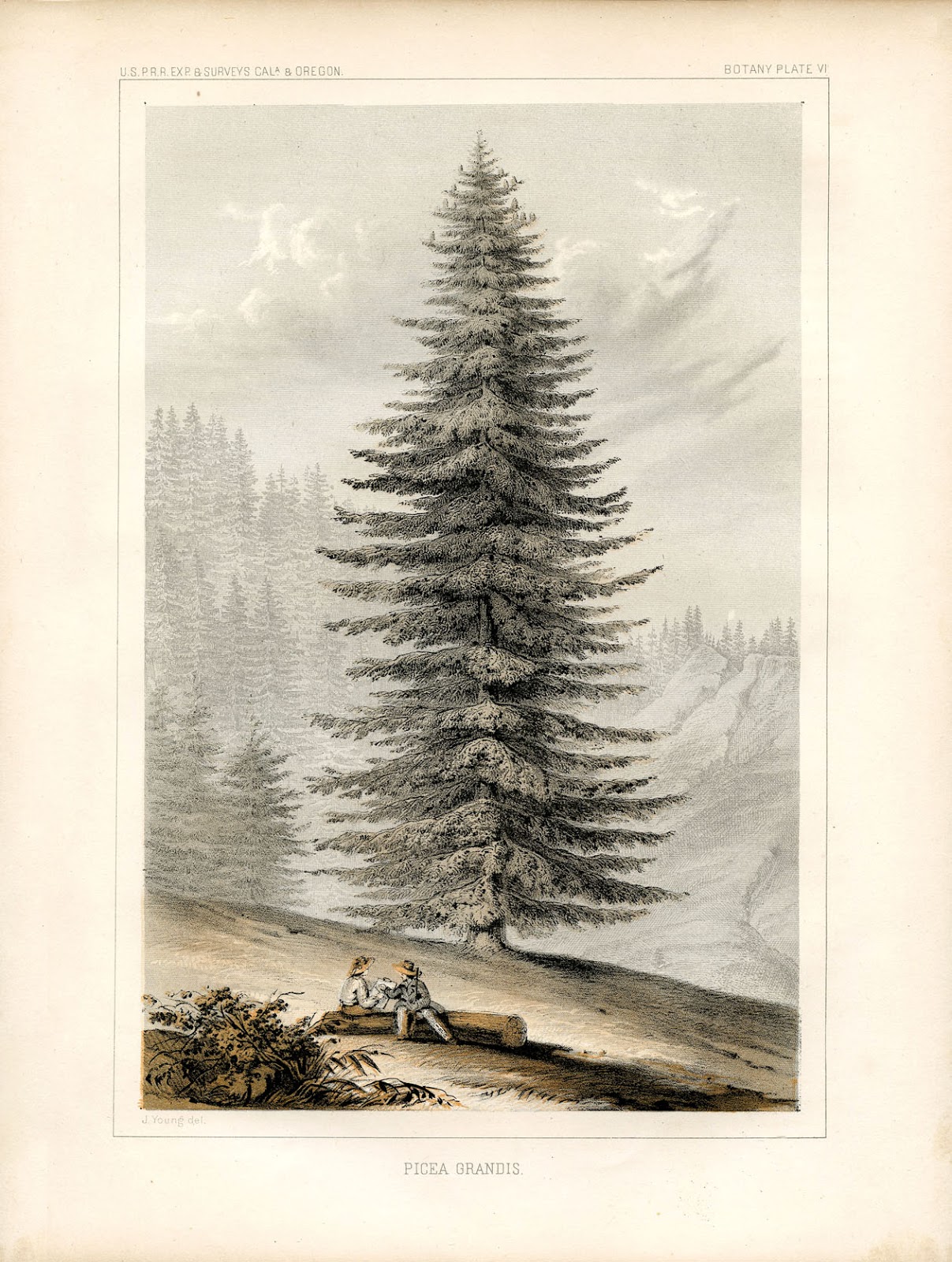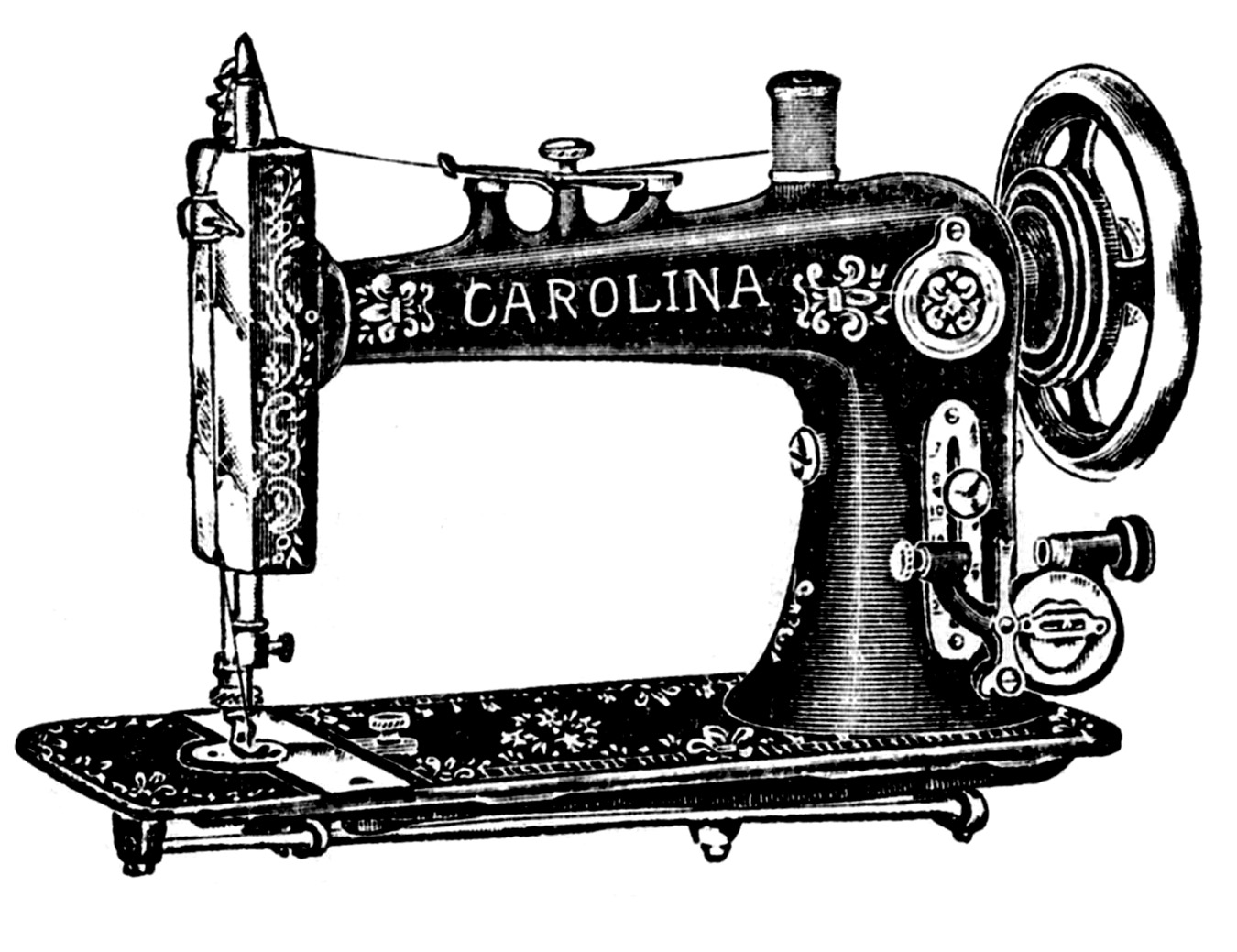
(The hay photograph is by David Shankbone. I got it through Wikipedia.)
I tried to begin writing about how my dad used to haul hay with his dad, and sometimes his brothers (I inferred...), and realized I had a lot of questions. I tried to ask the internet for the details I was missing, but it was kind of slow going, and finally I thought: wait. Dad is very sick, but he isn't dead yet. In fact, he is in the hospital at this very moment, which means that a) he might appreciate the company of a phone call more than usual, and b) the phone he has available can be answered by just picking it up. (Mom thought that maybe the reason that he has not been answering my calls of late is because he has forgotten how to answer his cell phone.)
Anyway, this is a rough transcript of our conversation. I typed as we talked; occasionally I would say "wait!" so that I could finish typing what he had just said. I also went over it afterwards to correct what grammatical/other errors I could find, and to add in bits that came to mind.
C stands for Cornelia; P stands for Papa; and I've set editorial comments off in parenthesis without a letter in front of them. Also, the events in this story happened in and around Blackfoot, Idaho, USA.
C: What kinds of plants made up the hay were you baling?
P: We didn't bale hay. Usually what we were hauling was alfalfa hay. I don't remember ever baling hay.
(He kept repeating that they never baled hay. I regretted my ignorance in using the wrong word, but after this conversation, I will surely never get the two mixed up again.)
C: What kinds of animals was the hay grown for?
P: Horses or cows ate it.
C: How long did the season last? early summer to maybe early fall?
P: Yeah, early summer to even later.
C: So, mid-fall?
P: Yeah. We would get a call that they were ready for us to come haul it. It would depend. I mean, it would keep-- I don't even remember-- a long time in the field. The bales would [last a long time].
C: I'm glad you're talking slow, because I don't type that fast.
(He laughs.)
C: What kind of trucks did you use?
P: Generally a dodge, flatbed truck, fairly large-- I don't know how to describe how big it was. I recall we sometimes we got 200 bales of hay on it. 150, 200 bales, something like that.
(You may notice, as I did, that here he says that they could
get 200 bales of hay on a truck, and then later on he says that
they could haul 200 bales in a day, in seven or eight trips. However, he kept begging that he couldn't remember clearly, since it
had been so long; he was aware that maybe his guesstimates were off.
Perhaps tomorrow I shall detective-ize by calling an uncle or two on the
telephone, since our foot of snow (in Maryland!) means that I won't be
stirring from my home without a snow shovel in hand-- and, unsurprisingly, church has been cancelled.)
C: How big was a bale? How many feet by how many feet?
P: A foot and a half by three feet long, maybe 100, 150, maybe 200 pounds. I don't know how accurate that is; it's been a lot of years since we did that.
C: Was the truck like one of those old-fashioned, round trucks?
P: The cab was generally like a pickup cab. You could probably visit a place that sells trucks and look at one, and it would be pretty similar.
C: You were in High School when you did this, mostly? College?
P: Well, all through. When T L came up-- you remember that story?
(There is a pause so I can catch up with typing. When it is over, he has clearly forgotten about the T L thread, which is 100% OK with me, because that is a totally different story-- which I will try to get down at a different day, but today I want the basic hauling hay story.)
P: I remember, Dodge seemed to be our favorite truck. I think Dodge kind of built for farmers.
C: Was it your family's truck that you took?
P: Dad had one. Although when we went out to work for Glen Talley, as I recall, he had a truck we would use. He had a farm, and he liked to hire Dad to do it, 'cause he knew Dad would do a good job. We would haul between 100 and 200 bales of hay in a day. I remember hauling for him quite a bit. I know there were other farmers, but I don't remember them as well.
(We worked for a bit to correct the spelling of Glen Talley's name, but he wasn't sure he had gotten it right-- this is something I will try to remember to check with one or more of my uncles. Later note: I found him on Ancestry.com-- a fellow by this exact name, born in 1915, died in 2006 in Blackfoot, which seems likely enough for me. Long-time readers will remember that I use pseudonyms or the second
letter of the name for living persons, but use the full, correct names
of the dead.)
P: I remember we would get seven or eight loads in a day. You know, somewhere between 100 and 200 bales. I don't remember-- it's been a loong time. We would push it; a couple of reasons. One is, it's less boring to push it. I was impressed with how much my dad could do. I would watch him get a bale of hay and stretch out the whole length of his body to get it on top of the truck. When you're working hard, the time goes faster.
We'd set up a pattern. Like, I'd go three bales wide, and six bales long, and we'd set it up so they would be made to support each other. So, maybe three of them wide on the first layer, the long way and the second layer, we would interlock it so they would hold on better. You know what I mean?
C: Yes, because I used to play with Legos.
P: Yeah, it was like that.
And we would know about how many loads we could do. So I knew just about how long it would take to get number of bales done in the day.
C: You would work with your dad. Were your brothers there?
P: I remember working with Leigh. I don't remember working with A or Charlie or Lloyd. I do remember taking E and A and Y with me at different times. I remember taking-- I think it was just
Y, and being impressed with what we could haul. I do remember that the thing was, the faster you worked, not only the more you got done, but the faster the time went by.
Usually what we had was an old Dodge truck.
C: Was the bed made of wood?
P: I don't remember.
C: Were the sides made of metal?
P: It was a flat bed. There were slots so you could build sides, but I don't remember ever doing it. I do remember being impressed with the kind of work my dad could do.
C: So, it was mostly farmers calling you up?
P: Or, Dad would go to them and work out a deal. Remember the story about him going with Mom down to Pocatello?*
C: Yes.
P: He wasn't a real salesman or anything, he just worked hard and knew a lot of people, and they appreciated having someone willing to come out with his sons and do a good job for them.
Well, that's where I learned to swim-- we'd come back from hauling hay, and we'd go swimming. At the Blackfoot pool that they'd just built, I'd take a shower, and we'd go swim.
It seems like I hauled hay with Y quite a bit, but I don't remember. You could call him.
C: Yes, I think I should.
*The story: Mom (a.k.a. Nana) rode with my Grandpa, Papa's dad, from Blackfoot (Idaho, USA) to Pocatello (also Idaho, USA) one time, and for
every single house they passed, he told her a story about the people who lived there. There are just over twenty miles between Blackfoot and Pocatello, and to be honest, even in 2015, there aren't tons of houses along that stretch of road-- but I nevertheless find myself impressed. Also, it seems that I come by my love of stories honestly. ;)
 (Kiiiind of like the tub in this picture, but no curtain or showering apparatus, and the floor was green linoleum. In my memory, the bathroom is always dimly lit, which may have something to do with the fact that my memories seem to mostly have to do with sleeping there.)
(Kiiiind of like the tub in this picture, but no curtain or showering apparatus, and the floor was green linoleum. In my memory, the bathroom is always dimly lit, which may have something to do with the fact that my memories seem to mostly have to do with sleeping there.)


















